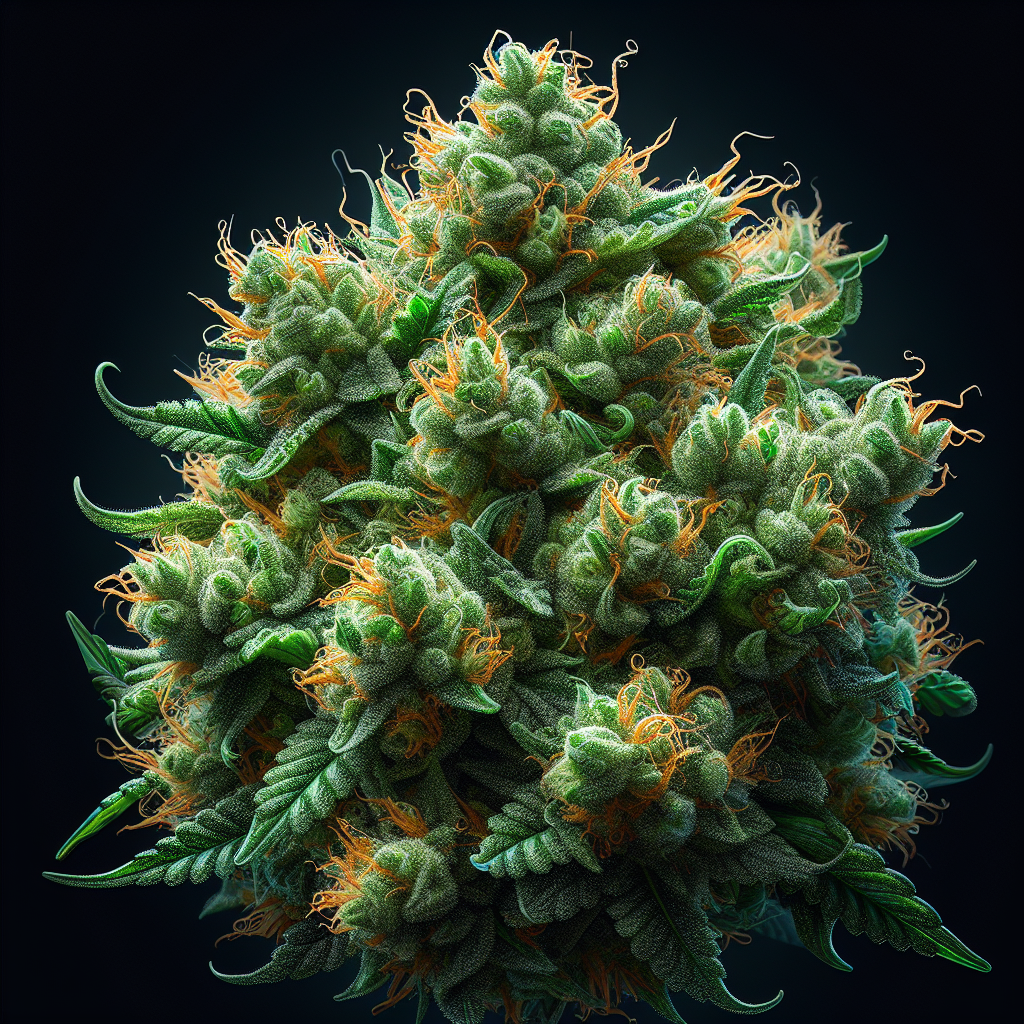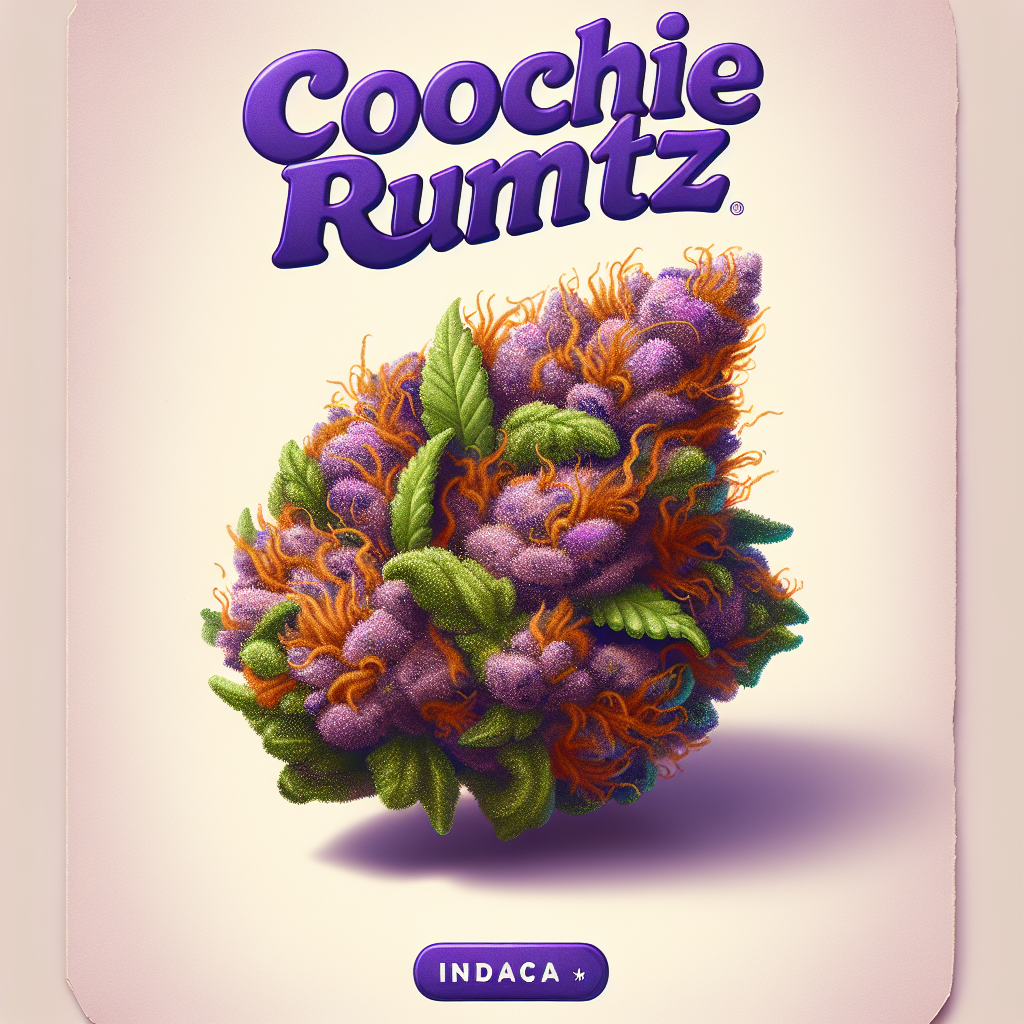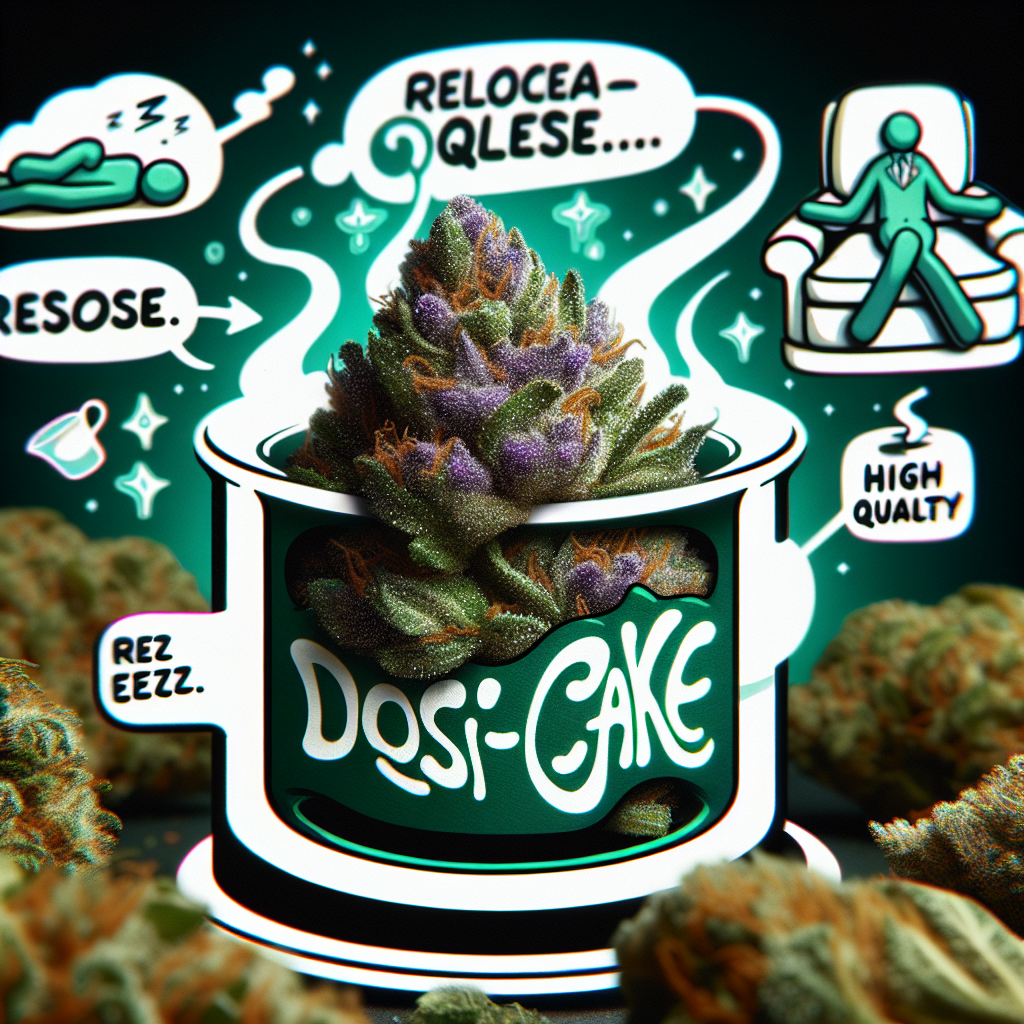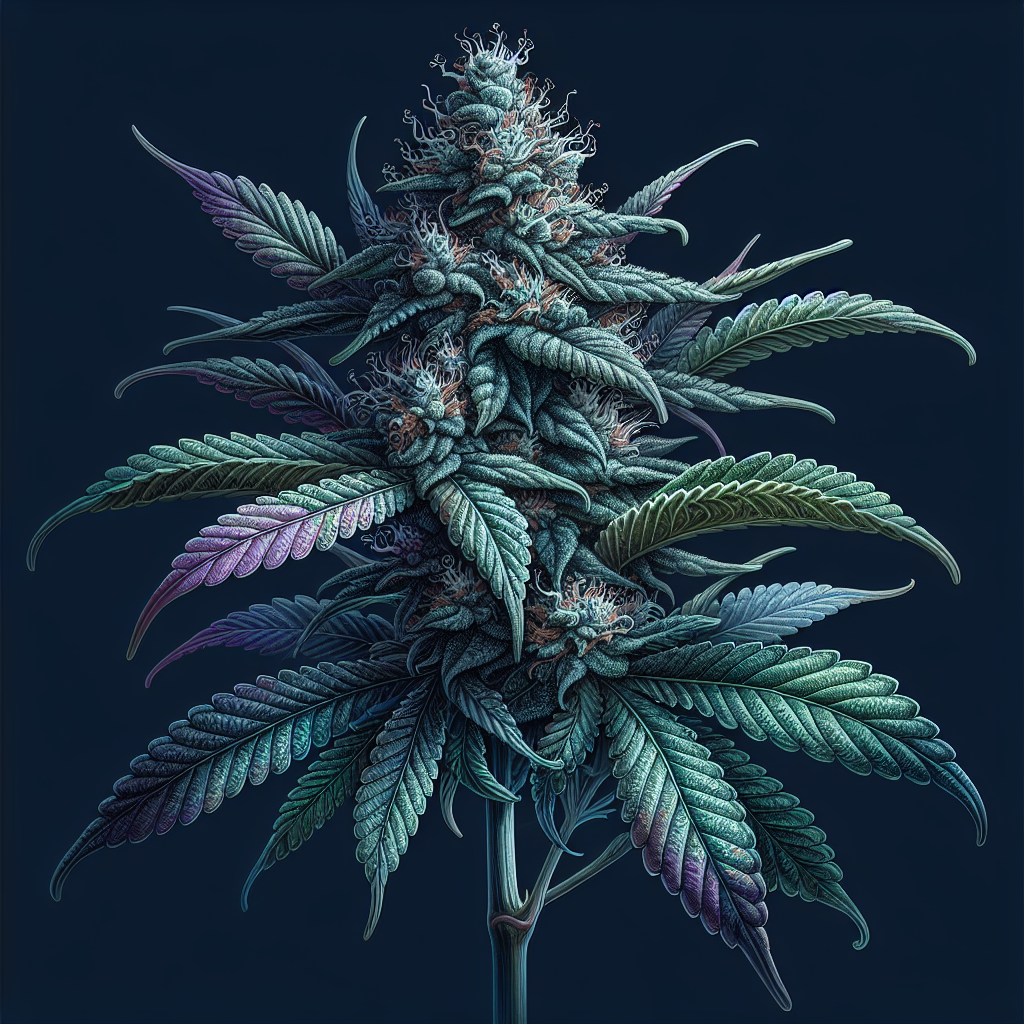Finding Light in Darkness: Effective Strategies for Depression Relief
Depression is a silent epidemic plaguing millions worldwide, a state of being that can feel all-consuming and defeating. While traditional approaches, such as psychotherapy and medication, have been the norm for many, the landscape of mental health treatment has evolved to include a variety of innovative and holistic strategies. Among these strategies, the use of cannabis has gained acceptance as a potential tool for alleviating symptoms of depression. This article aims to explore effective strategies for depression relief while emphasizing the positive role cannabis can play in mental health.
Understanding Depression
Before diving into effective relief strategies, it’s essential to understand what depression truly is. Depression is more than just a prolonged feeling of sadness; it manifests as a persistent lack of interest or pleasure in activities, leading to emotional and physical impairment. Symptoms may include fatigue, changes in appetite, sleep disturbances, feelings of worthlessness, and an inability to concentrate.
The Prevalence of Depression
According to the World Health Organization (WHO), more than 264 million people worldwide suffer from depression. Factors contributing to depression can range from biological influences, such as genetics and brain chemistry, to environmental factors, including trauma, life stressors, and social isolation. Understanding these multifaceted aspects emphasizes the importance of a comprehensive approach to treatment.
Conventional Treatments for Depression
Traditional therapies for depression often include psychotherapy (like cognitive behavioral therapy) and pharmaceutical interventions (antidepressants). While these can be effective for many, they might not work for everyone. This disparity has encouraged individuals to seek alternative methods for relief, leading to the exploration of more integrative approaches.
Embracing Alternative Strategies
1. Mindfulness and Meditation
Mindfulness and meditation practices have been shown to improve overall mental health by increasing self-awareness and emotional regulation. Engaging in mindfulness allows individuals to observe their thoughts and feelings without judgment, leading to decreased anxiety and depressive symptoms. Apps like Headspace and Calm provide guided meditations that can cater to beginners and seasoned practitioners alike.
2. Exercise
Physical activity is often touted as a natural remedy for depression, and for good reason. Exercise boosts the production of endorphins, the body’s natural mood lifters, and enhances overall well-being. Studies have shown that regular aerobic exercise, such as jogging, cycling, or swimming, can significantly reduce symptoms of depression. Even small amounts of physical activity, like walking, can have a positive impact.
3. Nutritional Interventions
Dietary choices play a significant role in mental health. Nutritional deficiencies can contribute to depressive symptoms, making a balanced diet crucial for maintaining optimal mood. Aim to include a variety of foods rich in omega-3 fatty acids (such as fish and walnuts), whole grains, fruits, vegetables, and lean proteins. Considering a consultation with a nutritionist can also be beneficial for tailored guidance.
4. Sleep Hygiene
Quality sleep is paramount for mental health. Sleep disturbances are common among those suffering from depression, leading to a vicious cycle where poor sleep exacerbates depressive symptoms. Establishing a consistent sleep schedule, creating a relaxing bedtime routine, and limiting screen time before bed can significantly improve sleep quality.
5. Social Support
Connecting with others can be an invaluable resource for those battling depression. Building and maintaining healthy relationships fosters a sense of belonging and support. Engage in social activities, seek out support groups, or simply lean on friends and family for comfort and understanding.
The Role of Cannabis in Depression Relief
Cannabis has garnered attention in recent years for its potential therapeutic benefits, particularly in the realm of mental health. While research is still ongoing, many individuals report positive outcomes from using cannabis to manage their depression.
Understanding Cannabis
Cannabis contains numerous compounds known as cannabinoids, the most well-known being THC (tetrahydrocannabinol) and CBD (cannabidiol). THC is associated with the psychoactive effects that can induce euphoria, while CBD is largely recognized for its calming and therapeutic properties without the ‘high.’
1. THC and Mood Enhancement
Several studies suggest that THC may help improve mood and alleviate anxiety, making it a potentially effective tool for depression relief. By interacting with the endocannabinoid system, THC may help regulate mood and stress responses, thus providing symptomatic relief for individuals experiencing depression.
2. CBD for Anxiety and Stress
CBD has gained attention for its effective anti-anxiety properties. Unlike THC, CBD does not produce a ‘high,’ making it an appealing option for those who wish to manage anxiety and depressive symptoms without significant alteration of consciousness. Many users report a sense of calm and relaxation following the use of CBD, which can be beneficial for creating emotional stability.
3. Personalized Cannabis Use
One of the remarkable aspects of cannabis is its versatility. With different strains and methods of consumption available, individuals can personalize their approach to find what works best. Consulting with a knowledgeable professional—such as a doctor experienced in medical cannabis—can help guide individuals in selecting the right strains and dosages.
Combining Strategies for Optimal Relief
For those struggling with depression, a multifaceted approach is often the most effective. Integrating cannabis with mindfulness practices, exercise, nutritional improvements, and social connections can magnify the positive effects of each strategy. The combination of these methods supports not only the relief of depressive symptoms but also the cultivation of overall well-being.
1. Setting Realistic Goals
When incorporating new strategies, it is essential to establish realistic and attainable goals. Set small, manageable steps toward improvement and celebrate each milestone. Progress may be gradual, but acknowledging victories, no matter how small, can help build momentum.
2. Track Your Progress
Maintain a diary or journal to track mood changes, triggers, and responses to different interventions. Documenting your journey can uncover patterns, revealing which strategies work best and offering insights for future adjustments.
3. Seeking Professional Guidance
Whether considering cannabis or combining various strategies, it is advisable to seek guidance from mental health professionals. An experienced therapist or a psychiatrist specializing in holistic approaches can provide tailored advice and support as you navigate your journey toward relief.
Conclusion
Finding light amid darkness is possible. With the plethora of strategies available, individuals can embrace a personalized approach to overcome depression. From mindfulness and exercise to the innovative incorporation of cannabis, a comprehensive and compassionate plan can foster healing. Each step taken toward relief invites hope and potential for renewal, underscoring the resilience of the human spirit.
FAQ Roundup
1. Is cannabis a guaranteed treatment for depression?
Cannabis may provide relief for some individuals, but it is not a guaranteed solution for everyone. It’s essential to consult healthcare professionals when considering cannabis as a treatment option.
2. How does cannabis affect mental health?
Cannabis contains cannabinoids that interact with the body’s endocannabinoid system, which is involved in regulating mood, anxiety, and stress responses. Many users report mood enhancement and anxiety relief.
3. Is there a difference between THC and CBD for depression?
Yes, THC is psychoactive and can induce a euphoric feeling, while CBD is non-psychoactive and is often associated with calming effects. Different individuals may respond to these compounds in varied ways.
4. Can I use cannabis along with other treatments for depression?
Many people find success using cannabis alongside other therapeutic strategies. However, it’s crucial to consult healthcare providers to ensure a safe and effective treatment plan.
5. Are there any side effects of using cannabis for depression?
Potential side effects may include dizziness, altered cognitive function, and anxiety or paranoia—especially at high doses. Individual responses can vary, making it vital to approach use cautiously.
6. How can I find the right strain of cannabis for my needs?
Consulting with a knowledgeable cannabis professional or dispensary staff can help guide you in selecting appropriate strains that may offer the desired effects for mood elevation or anxiety relief.
Navigating depression can be challenging, but with the right tools and support, individuals can discover strategies to reclaim light and joy in their lives. Let the journey toward healing be guided by knowledge and an openness to explore various avenues of relief.




